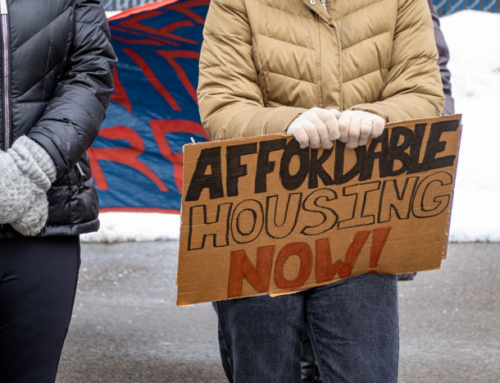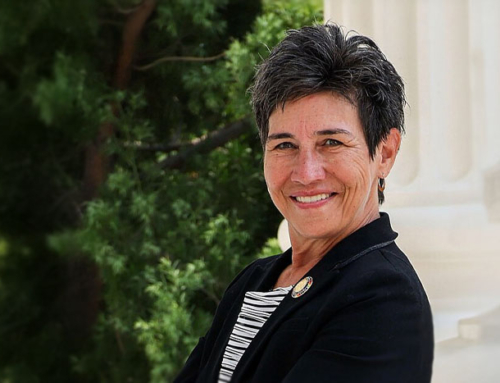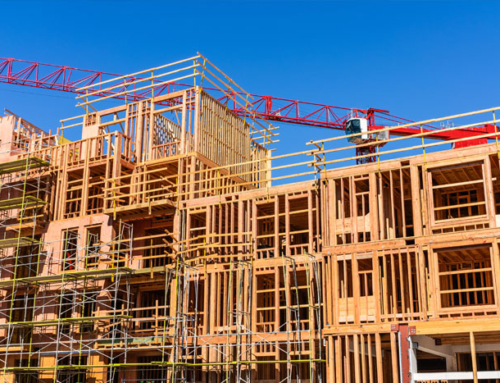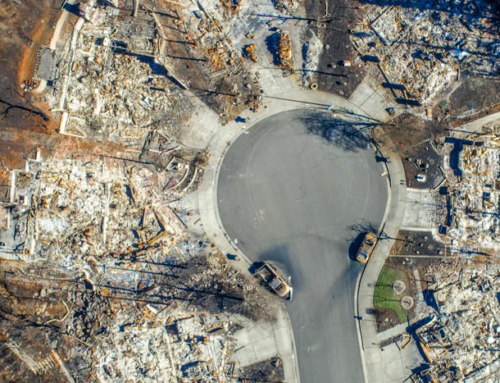Facing a February 17th deadline for the introduction of bills this session, lawmakers unveiled dozens of bills that respond to the State’s housing and homelessness challenges. LeSar Development Consultants will highlight key bills in upcoming newsletters as well as inform our readers about actions taken as the bills move through the legislative process.
One bill that will receive a lot of attention this year is Senate Bill 423 (Weiner, San Francisco), which would amend and make permanent Senate Bill 35 (2017), a bill that required fast-tracking of housing developments in jurisdictions that had not met their Regional Housing Need Assessment (RHNA) goals as long as the developments met specified affordability targets. According to a Terner Center for Housing Innovation report, SB 35 has resulted in the approval of nearly 12,000 new homes. According to the bill’s author, 6,000 more homes are in the development pipeline. While that is positive, the author believes that the law can be even more effective with a few changes. In addition to making the law permanent, SB 423 amends the labor requirements to require the payment of prevailing wages replacing SB 35’s requirement for union labor and union-run apprenticeship programs. Additionally, the new bill extends the law to developments located in coastal zones that are currently exempted from SB 35 provisions.
Two other bills of interest seek to provide tenants, local government agencies, and nonprofits the tools needed to purchase rental properties and prevent displacement. Assemblymember Ash Kalra (San Jose) introduced AB 919, called the Stable Homes Act, to provide a first opportunity to purchase or to match an offer when rental housing is listed for sale. Senator Anna Caballero (Salinas) introduced SB 225, which creates the Community Anti-Displacement and Preservation Program, to provide funding for the acquisition and rehabilitation of market-rate housing while protecting tenants from displacement.
© LeSar Holdings/LeSar Development Consultants. All Rights Reserved. Please be advised that any republishing of copyrighted material provided by our organization, in whole or in part, requires prior written authorization. For permission, please reach out to [email protected]. We appreciate your understanding and compliance in upholding copyright laws.






















